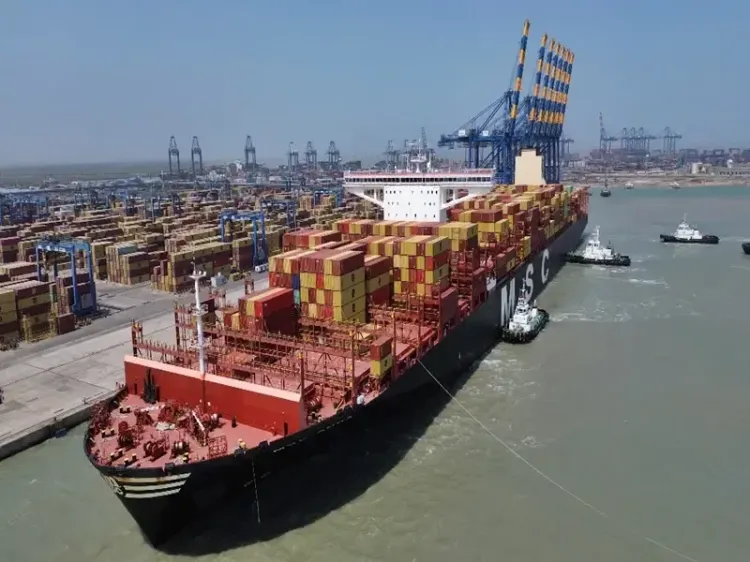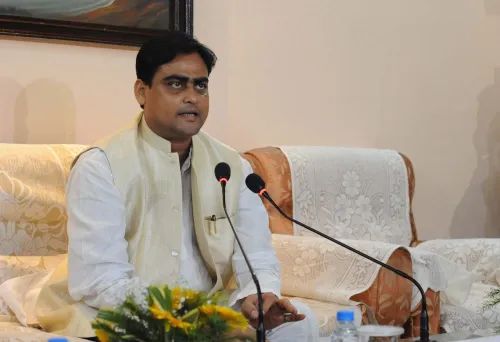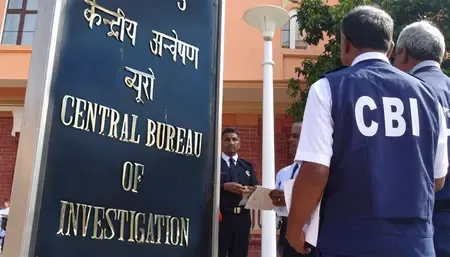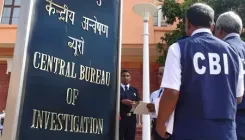Government Updates Foreign Trade Policy to Include Stakeholder Input

New Delhi, Jan 3 (NationPress) The Directorate General of Foreign Trade (DGFT) has officially announced an amendment to the Foreign Trade Policy, 2023, making it essential to conduct consultations with stakeholders to gather insights, suggestions, comments, or feedback from relevant parties, including exporters and industry specialists regarding the creation or revision of the Foreign Trade Policy.
This recent amendment introduced Para 1.07A and 1.07B, providing legal support for the process of stakeholder consultations.
Furthermore, it establishes a framework to clarify the reasoning behind any decisions not to incorporate the views, suggestions, comments, or feedback regarding the formulation or amendment of the Foreign Trade Policy, 2023.
These amendments demonstrate the Central government’s commitment to enhancing Ease of Doing Business (EoDB) in India by fostering participation from stakeholders and experts through consultations in the decision-making process, as stated in the official announcement.
The primary aim of these amendments is to promote the involvement of all stakeholders in the decision-making process prior to the introduction or modification of policies and procedures that affect the importation, exportation, and transit of goods, while providing a fair opportunity for commentary and contribution.
The government is dedicated to ensuring that every valuable piece of feedback received from stakeholders is duly considered.
However, it is essential for the government to recognize that different stakeholders may present varying opinions on the same issue. In such cases, to ensure the smooth operation of business, the government reserves the right to make the final decision.
This right to independently formulate policies has been retained by the government to address exceptional circumstances, as explained in the statement.
The notification should be interpreted in light of the overall inclusivity it brings to decision-making. The provision for independent decision-making in emergencies must be viewed within the broader sovereign authority of the government, as noted in the statement.









